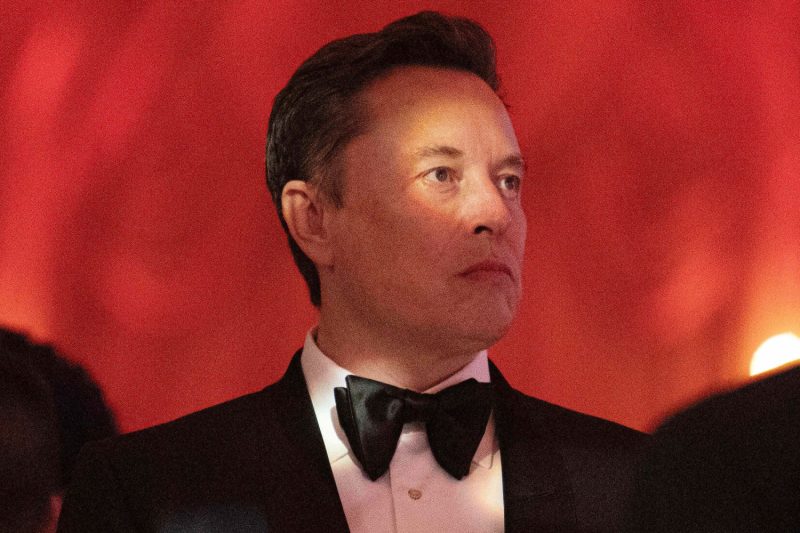
Elon Musk’s $56 Billion Pay Package Bid Fails: What’s Next for Tesla?
In the recent news that Tesla CEO Elon Musk has lost the bid to have his $56 billion pay package reinstated, there are several implications for both Musk and the company itself. This decision comes after a legal battle that has raised questions about executive compensation and corporate governance. Here, we will explore the background of the case, the arguments presented by both sides, and the potential consequences of the ruling.
Background of the Case:
Elon Musk’s $56 billion pay package was initially approved by Tesla’s shareholders in 2018 as part of a performance-based compensation plan. The plan was designed to incentivize Musk to meet a set of ambitious targets related to the company’s market capitalization and financial performance. However, after achieving some of the milestones, Tesla’s board of directors decided to award Musk the full value of the package, prompting a lawsuit from a group of shareholders who alleged that the decision was improper.
Arguments Presented:
The shareholders who filed the lawsuit argued that Tesla’s board did not properly evaluate Musk’s performance against the agreed-upon targets and that the pay package was excessive and not in the best interest of the company. They contended that Musk had not met all of the specified goals and therefore should not receive the full compensation amount. On the other hand, Musk and Tesla defended the board’s decision, stating that Musk had played a crucial role in the company’s success and deserved to be rewarded accordingly.
Consequences of the Ruling:
The court’s decision to reject Musk’s bid to reinstate his $56 billion pay package has broader implications for executive compensation practices and corporate governance. It underscores the importance of transparency, accountability, and fairness in determining executive pay, as well as the need for boards of directors to rigorously evaluate performance metrics before awarding significant compensation packages. The ruling also serves as a reminder that shareholders have the right to challenge decisions that they believe are not in the best interest of the company.
Moving forward, Tesla and other companies may need to reassess their executive compensation policies and ensure that they align with shareholder interests and corporate goals. The outcome of this case could influence how companies structure their pay packages and evaluate executive performance in the future, with a greater focus on accountability and scrutiny.
In conclusion, the denial of Elon Musk’s bid to reinstate his $56 billion pay package highlights the complexities and challenges surrounding executive compensation in corporate governance. This case serves as a cautionary tale for companies to carefully consider the implications of their compensation decisions and to prioritize transparency, fairness, and shareholder interests in determining executive pay.
